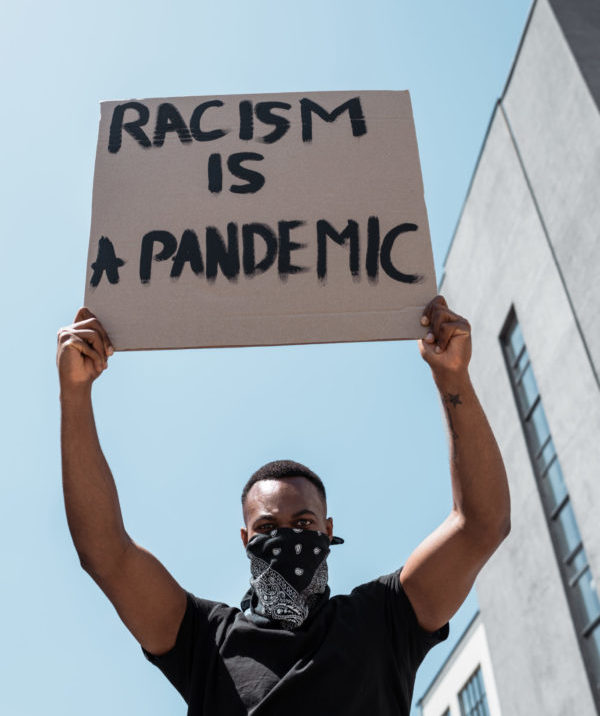Understanding The Effects of Racism and Mental Health
Posted by Improving Lives Counseling Services, Inc. | Mental Health, PTSD Counseling, Uncategorized

One of the most challenging divides is the polarizing social construct of race, an underpinning of class warfare, social bias, prejudice, discrimination, and racism. According to Mental Health America “People who have been marginalized by those in power experience life differently from those whose lives have not been devalued. Racism is a mental health issue because racism causes trauma.” The American Counseling Association tells us, “Counselors play a role in helping change an unjust and racist system that carries negative effects on the mental health of those impacted by racism…. they can help write a new narrative for human rights centered on diversity, identity, equity, inclusion, and justice.” Improving Lives Counseling Services team of professional, licensed counselors, and therapists treat trauma, trauma-related disorders, and PTSD related to racism.
Racism & Mental Health
Racism is not a Black, Hispanic, Asian, or Native American thing. Racism crosses racial, social, religious, and socio-economic lines. While minorities suffer mentally due to direct and indirect discrimination, Anglos suffer mentally from exposure to acts of racism, and the government’s attempts at advancing equality. Sadness, low self-esteem, chronic stress, anxiety, depression, and depersonalization disorder4 (due to racism), can lead to behavioral disorders, criminal activity, and suicidality in all races. Symptoms of depersonalization, diagnosed in both racists and victims of racism include:
- Loss of perception,
- Problems in decision making,
- Memory loss
- Loss of awareness.
Minorities and whites can find themselves growing up in racist households, surrounded by family members who stereotype, pigeonhole, and discriminate against people based on race, religion, political, and sexual orientation. This environmental trauma exacerbates when the child, adolescent, teen, or young adult disagrees with and/or resents a parent’s racist ways. They may feel uncomfortable in inter-racial environments, display mood swings, and/or become disobedient, unruly, and closed-off.
Culture and racial stigmas may prevent them from rebelling against family politics and religion, disclosing sexual orientation, introducing a friend who doesn’t look like them, or seeking the mental health care they need. Not knowing where to turn or who to turn to can lead to systemic indecisiveness – a symptom of chronic depression—living within explicit and/or implicit discrimination and/or racism impacts emotional and mental well-being.
RACISM & PHYSICAL HEALTH
Both the racist and their victim can experience mood swings, eating disorders, substance abuse, alcoholism, obesity, promiscuity, digestive disorders, sleep disorders, and bellicosity. Physical illnesses can include headaches, cold sweats, a weakened immune system, inflammation, heart disease, high blood pressure, severe pain, respiratory tract diseases, fatigue, and sexual dysfunction. This can lead to self-harm, self-mutilation, suicidality, and death. Experiencing guilt, shame, remorse, or self-blame can cause skin disorders, hives, back pain, digestive disorders, heart disease, and vertigo.
Our Certified Counselors Are Here To Help
Improving Lives Counseling Services team of counselors and therapists treat symptoms of psychotic disorders, behavioral disorders, and symptoms of mental illness triggered by racism and other forms of intolerance. Children, adolescents, teens, adults, and seniors are treated in-person, and/or virtually (online) in individual, couples, family, and group sessions.
If you are living with a racist, subjected to racism, experiencing troubling emotions due to discrimination, or mentally affected by society’s cultural, political, social, gender, or racial divide, you are not alone. We provide a safe, non-judgmental environment. Time to live the life you were meant to live.
